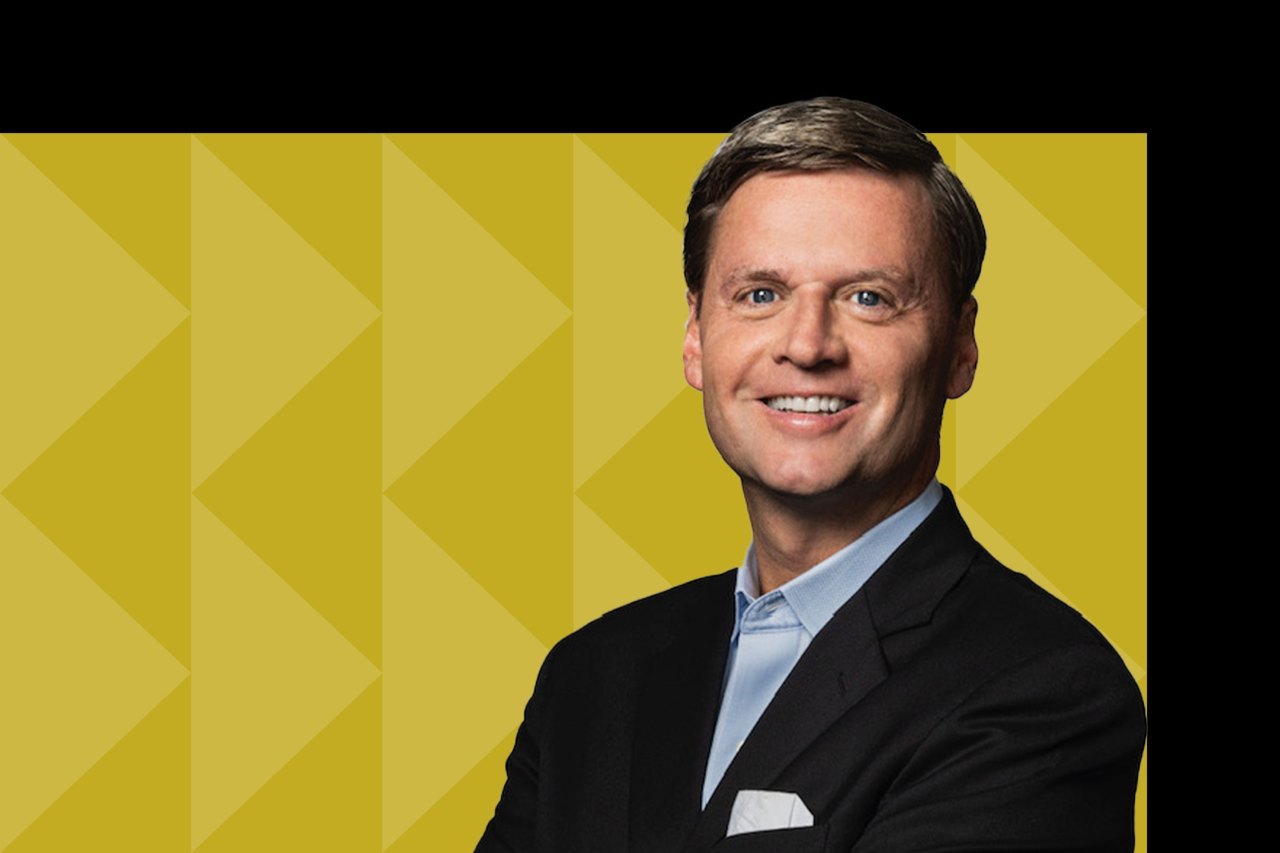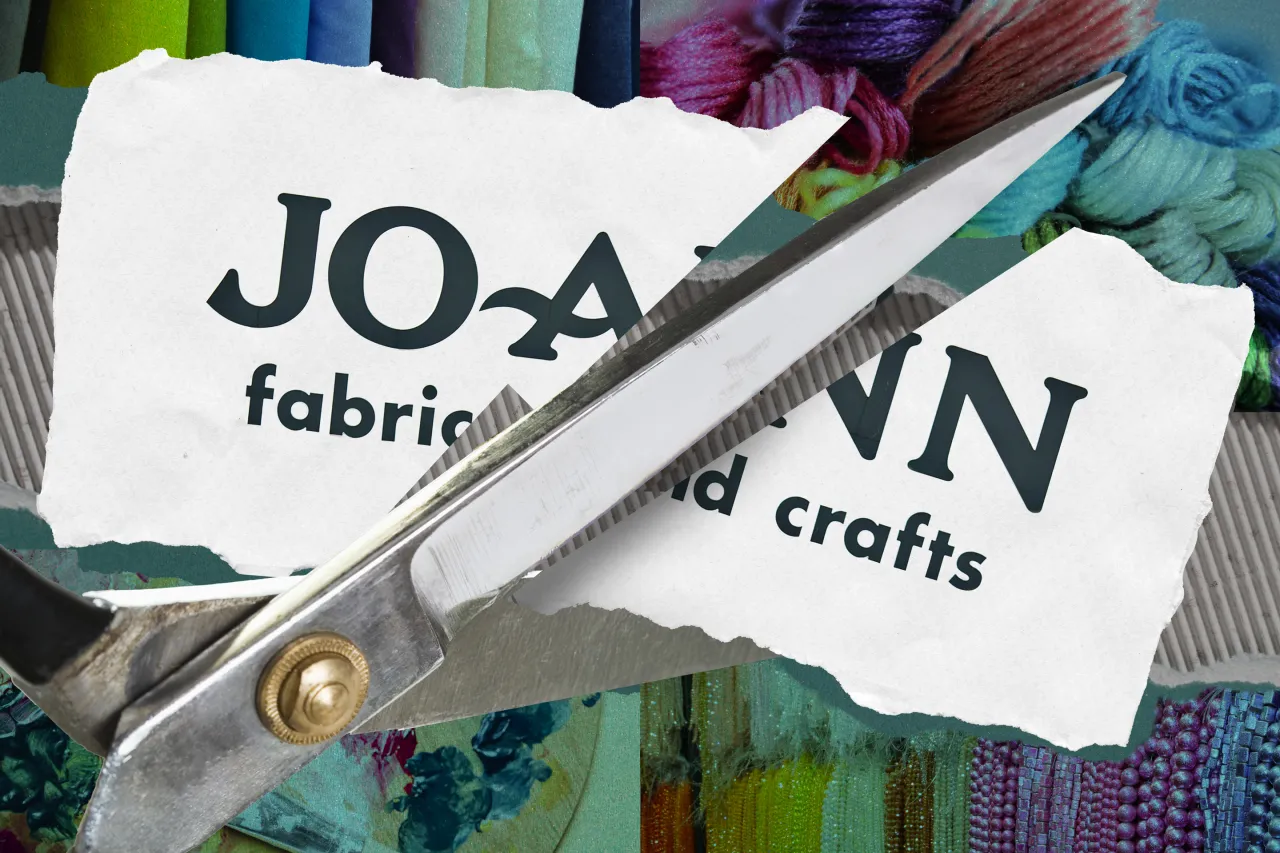Canada’s Finance Minister Chrystia Freeland has stepped down, citing irreconcilable differences with Prime Minister Justin Trudeau over how to address President-elect Donald Trump’s looming tariff threats. Freeland’s resignation, announced in a letter to Trudeau on Monday, underscores a growing rift within Canada’s Liberal government as it grapples with economic and political challenges.
Freeland stated that she and Trudeau had been “at odds about the best path forward for Canada” amid Trump’s “aggressive economic nationalism.” She highlighted the “grave challenge” posed by the incoming U.S. president’s proposed 25% tariff on Canadian goods, which economists warn could severely impact Canada’s economy. The finance minister emphasized the need to “keep our fiscal powder dry” and avoid “costly political gimmicks” as the country prepares for potential economic turbulence.
Freeland’s departure comes at a critical juncture for Trudeau’s minority government, which is facing increasing pressure. Hours before her resignation, she was slated to deliver an annual fiscal update in parliament. Instead, her exit has thrown the government into disarray, with some Liberal MPs openly questioning Trudeau’s leadership.
Following Freeland’s announcement, five Liberal MPs publicly called for Trudeau to step down. Helena Jaczek, MP for Markham-Stouffville in Ontario, remarked, “Firing the minister of finance who has served you extremely well is not what I’d call a trustworthy move.” An emergency Liberal caucus meeting was convened Monday evening to address the escalating crisis.
Within hours, Public Safety Minister Dominic LeBlanc, a lifelong friend and ally of Trudeau, was sworn in as Freeland’s replacement. However, Trudeau’s silence during the swearing-in ceremony has further fueled speculation about his grip on power.
In her resignation letter, Freeland outlined her disagreements with Trudeau over recently proposed policies aimed at addressing Canada’s cost-of-living crisis. These include a controversial plan to send C$250 cheques to Canadians earning less than C$150,000 annually—a policy projected to cost C$4.68 billion—and a temporary tax break on essential items during the holidays, expected to result in C$1.6 billion in lost revenue. Freeland’s office had reportedly raised concerns about these measures, calling them economically unsound as Canada’s deficit balloons.
The fall economic statement released Monday revealed a deficit of C$60 billion, exceeding Freeland’s target of C$40 billion. These financial challenges have amplified calls for fiscal restraint and put additional strain on Trudeau’s government.
Opposition leaders have seized on Freeland’s resignation to call for a federal election. Pierre Poilievre, leader of the Conservative Party, declared, “Everything is spiraling out of control. We simply cannot go on like this.” Meanwhile, NDP leader Jagmeet Singh also urged Trudeau to resign but stopped short of committing to a vote of no confidence, which would trigger an election.
Freeland’s decision has sent shockwaves through the Liberal Party. Transport Minister Anita Anand described her departure as “deeply troubling,” while the Business Council of Canada questioned whose interests the government is prioritizing amid growing economic uncertainty.
Freeland, who also served as deputy prime minister, has been a key figure in Trudeau’s cabinet since 2020. She played a central role in navigating Canada through the pandemic and its economic aftermath. Despite her resignation, Freeland intends to remain a Liberal MP and has confirmed her intention to run in the next federal election, due by October.
Her departure follows that of Housing Minister Sean Fraser, who recently announced he would not seek re-election, citing a desire to spend more time with his family. The loss of two prominent cabinet members within weeks has cast a shadow over Trudeau’s leadership and the future of his government.
As Canada braces for Trump’s protectionist policies, Freeland’s resignation marks a turning point in the country’s political and economic landscape. Whether Trudeau can navigate this storm and maintain his hold on power remains to be seen.




